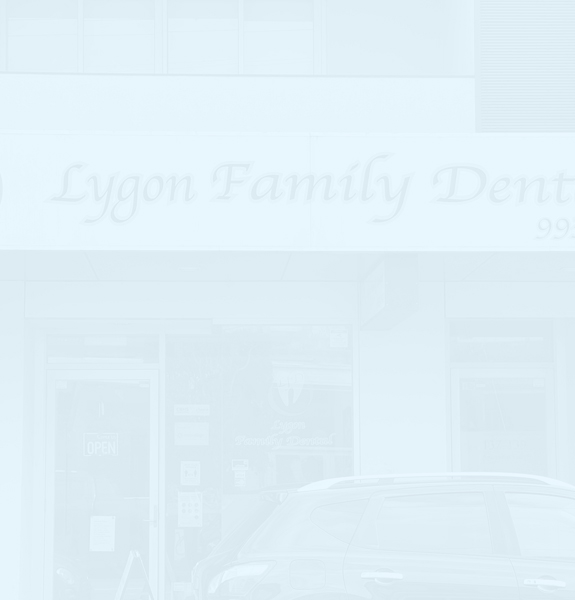What Is A Gingival Recession And How Does It Affect Teeth?
Gingival recession involves the displacement of the gum tissues and the eventual exposure of the roots of the teeth. With gum recession, gaps are created between the gum line and the teeth, causing bacteria to build up. It is a progressive condition of gum decay and commonly occurs in the mouth of people who are above 40 years of age. However, even teenagers are susceptible to this condition. The problem of gingival recession also affects the crown-to-root ratio of the teeth as the gum tissues lower their position on the tooth.
Major symptoms of gingival recession
- Sensitive teeth: The condition of gingival recession is associated with receding gums and the exposed roots make the teeth sensitive to external stimuli
- Teeth appear longer: The loss of gum tissues in a gingival recession make the teeth to appear longer
Causes of gingival recession
- Aggressive brushing
- Improper alignment of teeth
- Gum injury
- Poor oral health
- Genetics
Aggressive brushing and flossing can damage the gum tissues and can cause them to recede. Avoid using a hard-bristled toothbrush, as they can erode the enamel and lead to gum recession. This makes it necessary to be gentle to your gums and teeth. If the teeth are not properly aligned, the probability of build up of bacteria is higher. This leads to poor dental health and can cause gum issues. Besides, abnormal position of teeth is another cause of a gingival recession. This condition is commonly known as “tooth crowding” and causes misalignment of teeth in the mouth. Traumatic injury to a tooth or your mouth can also cause gum recession. Similarly, foreign objects such as metal piercings in the lips and digging the gum with pencils or sharp objects can lead to the gingival recession. Such abnormal activities can cause adverse reactions in the mouth. Gingival recession can also result from hereditary causes. If one or both parents suffer from the condition of gum recession, the risk of receding gums is higher.
Gingival recession leads to exposed roots of teeth, an excessive mobility of teeth, swollen gums, gum bleeding, and bad breath. The patient’s teeth become hypersensitive to hot, cold, sweet, sour and spicy foods. Even cold drinks can trigger an unpleasant reaction in the mouth. Gingival recession can be addressed by maintaining proper dental hygiene.
Gingival recession treatment
Gum grafting techniques such as periodontal plastic surgery can help to address the problem. Further, recent techniques involve platelet-derived growth factor. This is a complex technique but, helps to treat the condition.
Tooth scaling and root planning are sometimes advised to treat gingival recession. These procedures essentially clean the teeth and heal any inflammation that worsens the condition. The healing process can take weeks to show the results. During the treatment phase, the patient has to be careful with everyday activities such as eating and drinking. Care must be taken to allow the healing process to complete.
If you notice any symptoms of gingival recession, get in touch with a dental expert today to prevent the problem from aggravating any further. Looking for a reliable dental service in Brunswick? Visit Lygon Family Dental.
At Lygon Family Dental, we offer a comprehensive range of dental solutions for all your dental needs. We use the latest technology to offer comfortable and effective treatment solutions. If you wish to know more about our service, get in touch with our team. You can email us at [email protected] or you can also call us on (03) 9939 0323.

